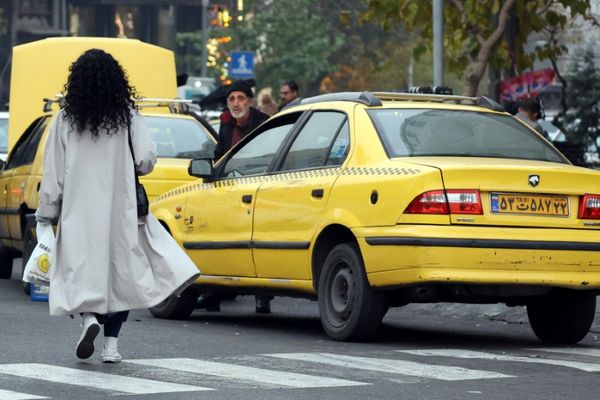
Federal Resources Minister Madeleine King has called for more Queensland gas fields to be unlocked.
Queensland gas is a "natural ally" of renewables and will support the addition of more intermittent energy, the minister told a business audience in Brisbane on Thursday.
She also hosed down fears of a new tax on gas after the state government imposed higher coal royalties.
"Without Australia's resources sector, the world doesn't have net zero," Ms King said.
"That's why, far from walking away, we're 100 per cent behind you."
The coal and gas sectors will ensure secure and affordable energy supplies as economies make the move to clean energy sources as quickly as possible, she said.
The minister backed the Queensland government's intervention to shore up supply with the release of more than 20,000 square kilometres for gas exploration that must be sold exclusively to the domestic market.
"I encourage the Queensland government to consider releasing even more acreage under its domestic gas reservation condition," she said.
Gas users on Australia's east coast are increasingly concerned about their access to affordable and reliable gas, and manufacturers say they can't compete internationally if high domestic gas prices continue.
"We will take whatever steps are needed to avoid a repeat of the crisis we faced in early June," Ms King said.
Earlier, the Queensland Resources Council welcomed gas company Senex's plan to invest $1 billion in new fields.
Mining magnate Gina Rinehart is partnering with South Korean steel giant POSCO, co-owners of Senex after a buyout this year, to expand gas in the Surat Basin.
Senex will deliver 60 petajoules of gas each year to support demand from the east coast market, when the expansion of the Atlas and Roma North projects is complete.
Australian Petroleum Production and Exploration Association acting chief executive Damian Dwyer said it was a "massive" project, with 60 PJ equivalent to the electricity used by more than 2.7 million homes each year.
Gas infrastructure and wells will be built in western Queensland over the next two years, delivering an estimated $200 million boost to regional businesses and local communities.
The investment is also forecast to create more than 200 construction jobs and 50 permanent roles.
Critics reject gas as a "transition fuel" and argue new gas fields will make climate change worse and hit food security.
"This is the worst possible moment to sacrifice more farms to polluting coal seam gas as Senex intends," Lock The Gate Alliance Queensland spokesperson Ellie Smith said.
Senex's plans would keep manufacturers and residents locked in to volatile gas prices, she said.







